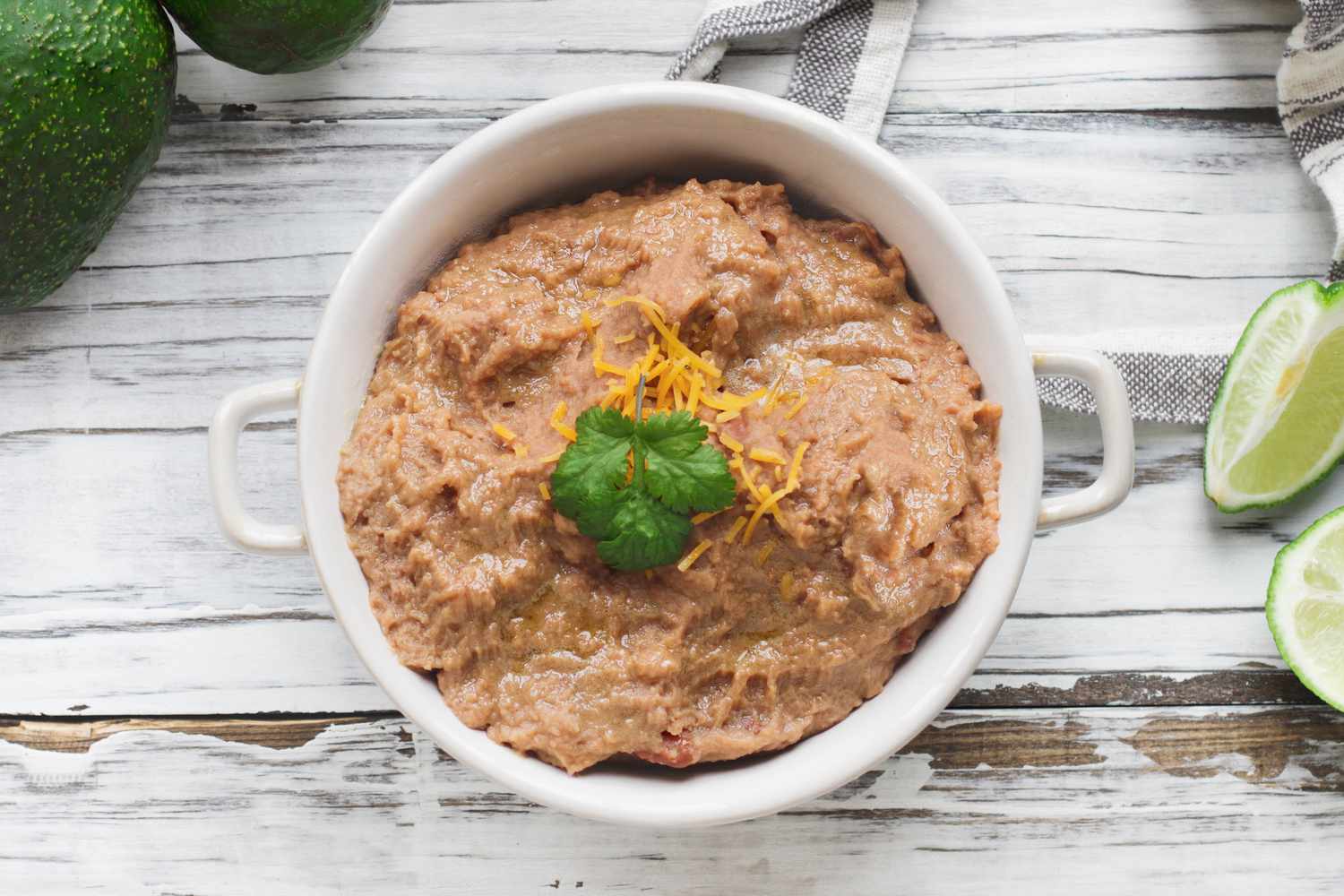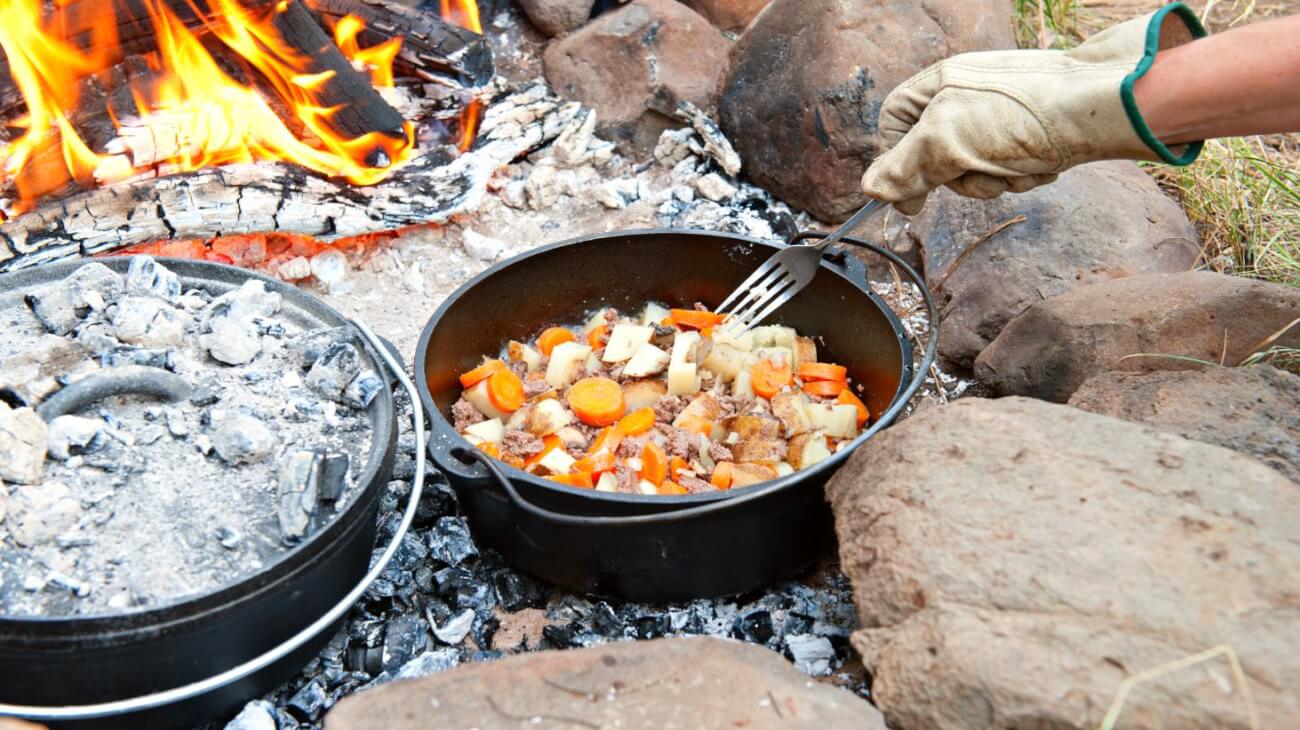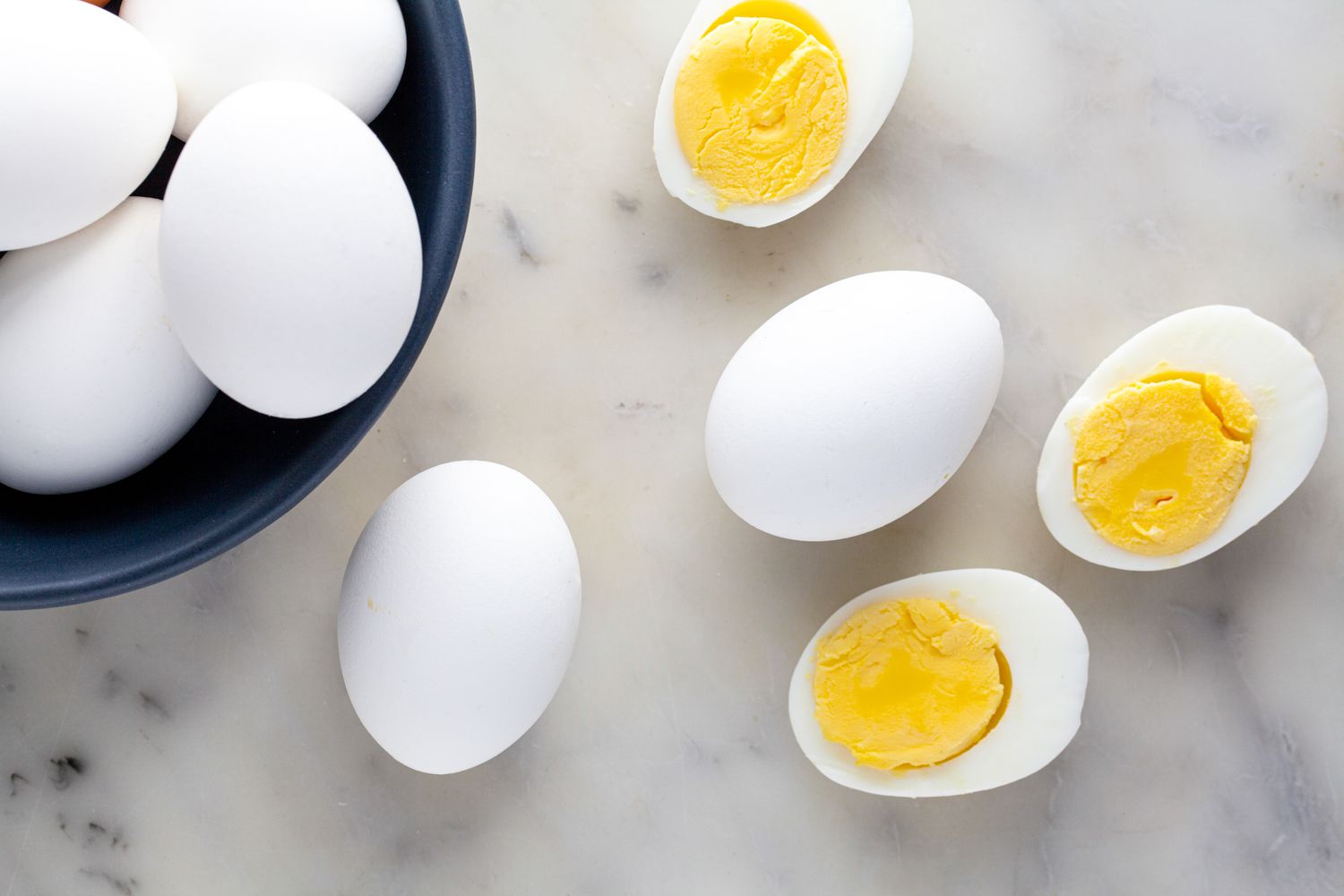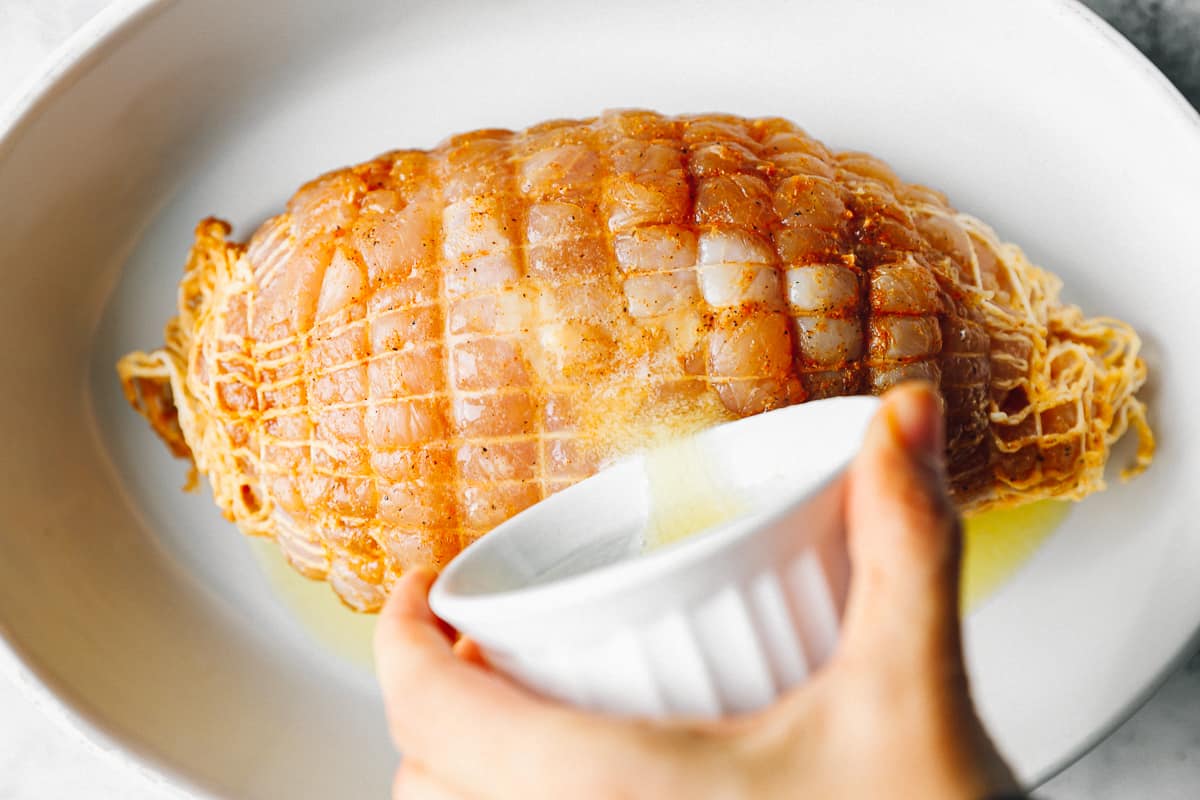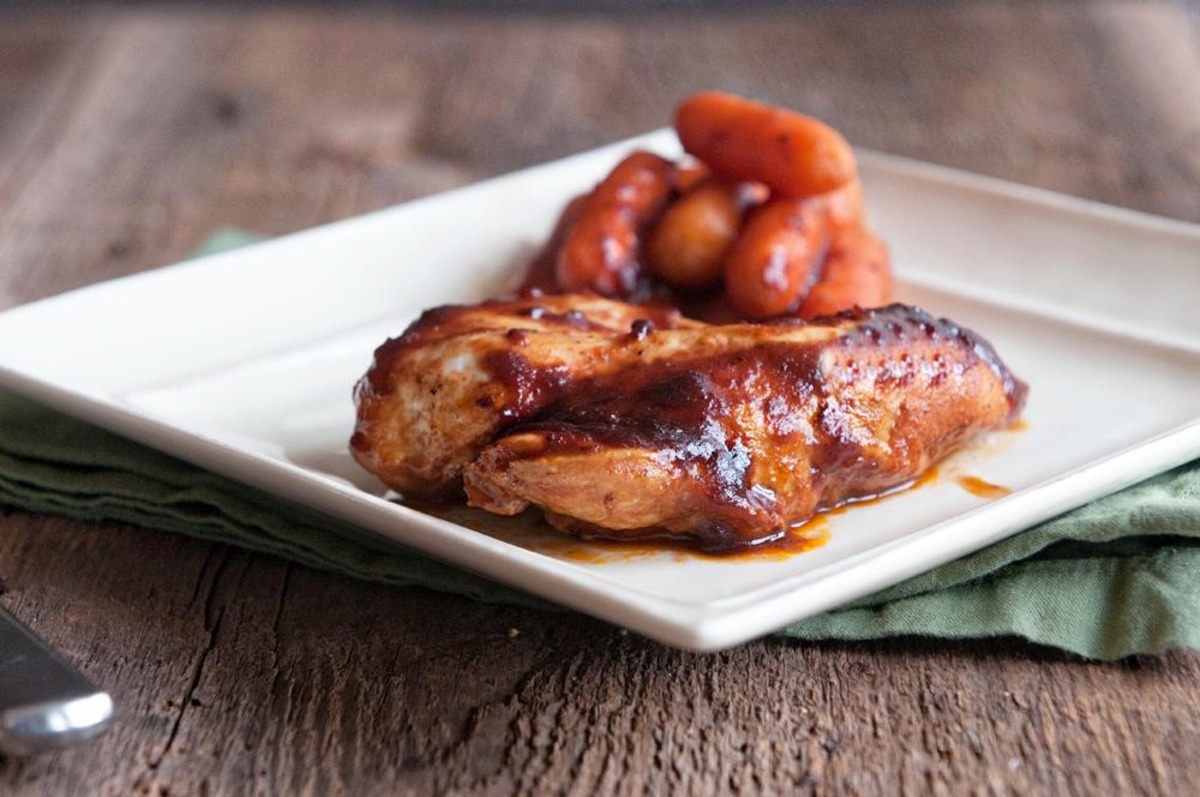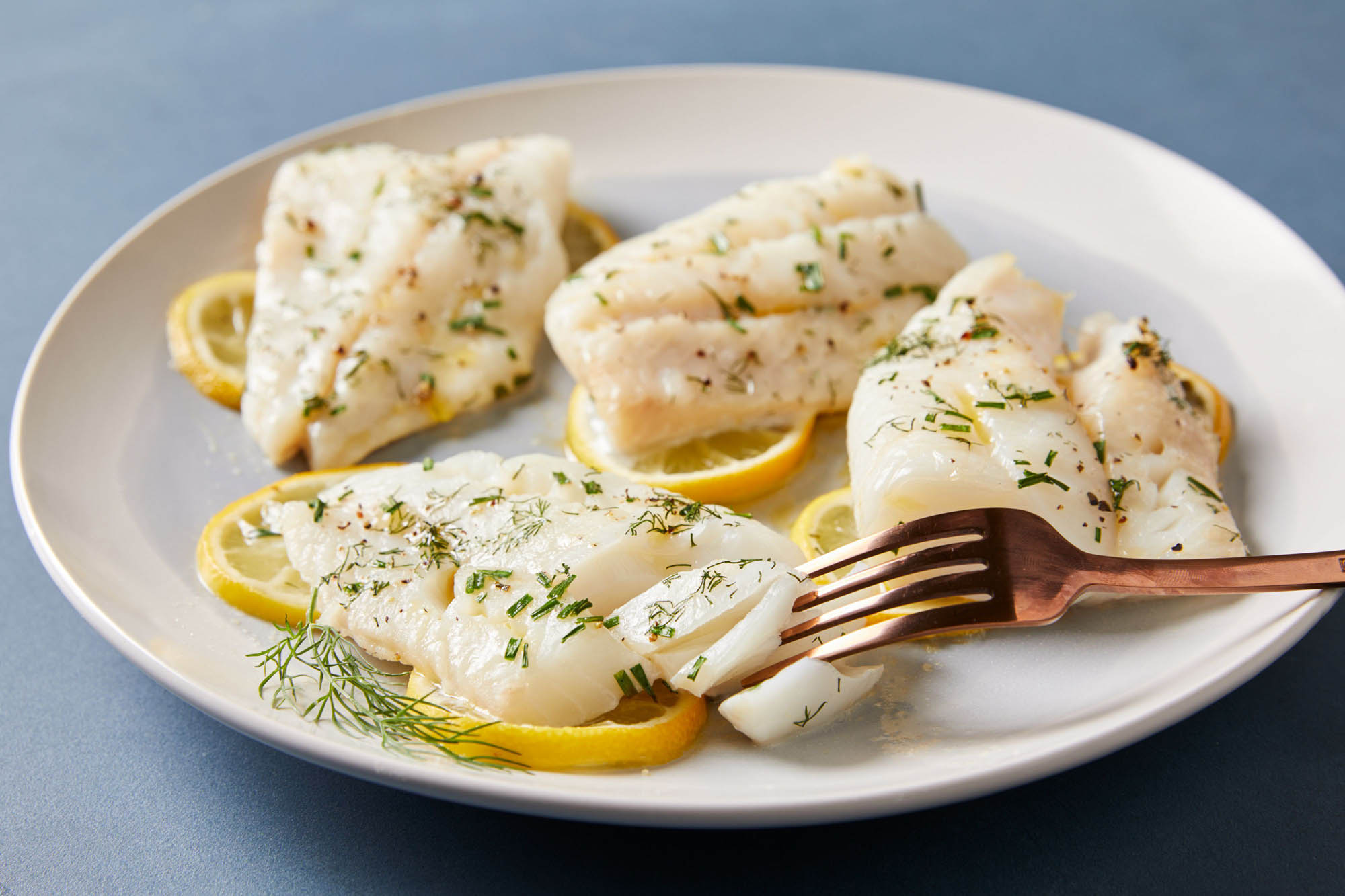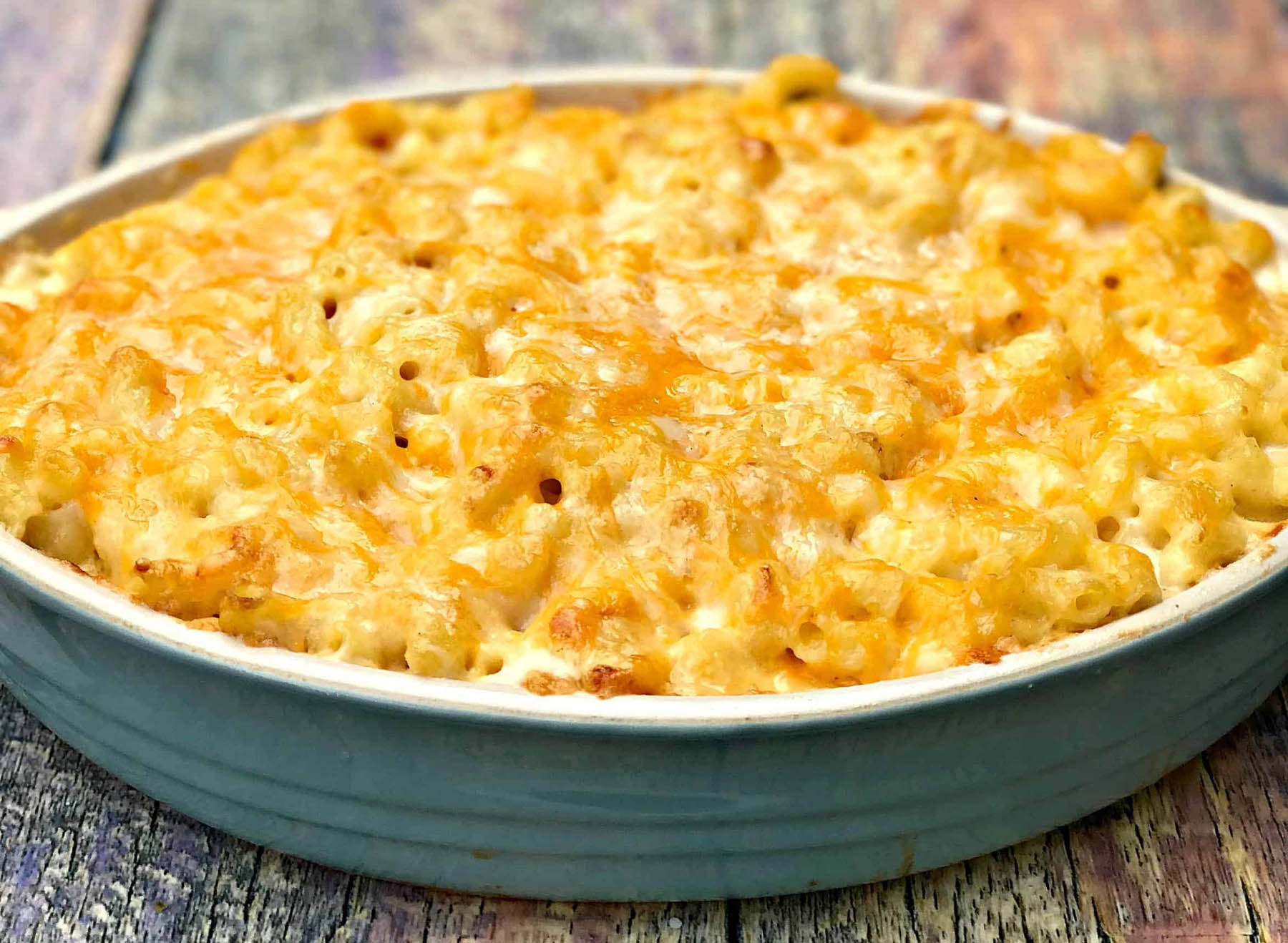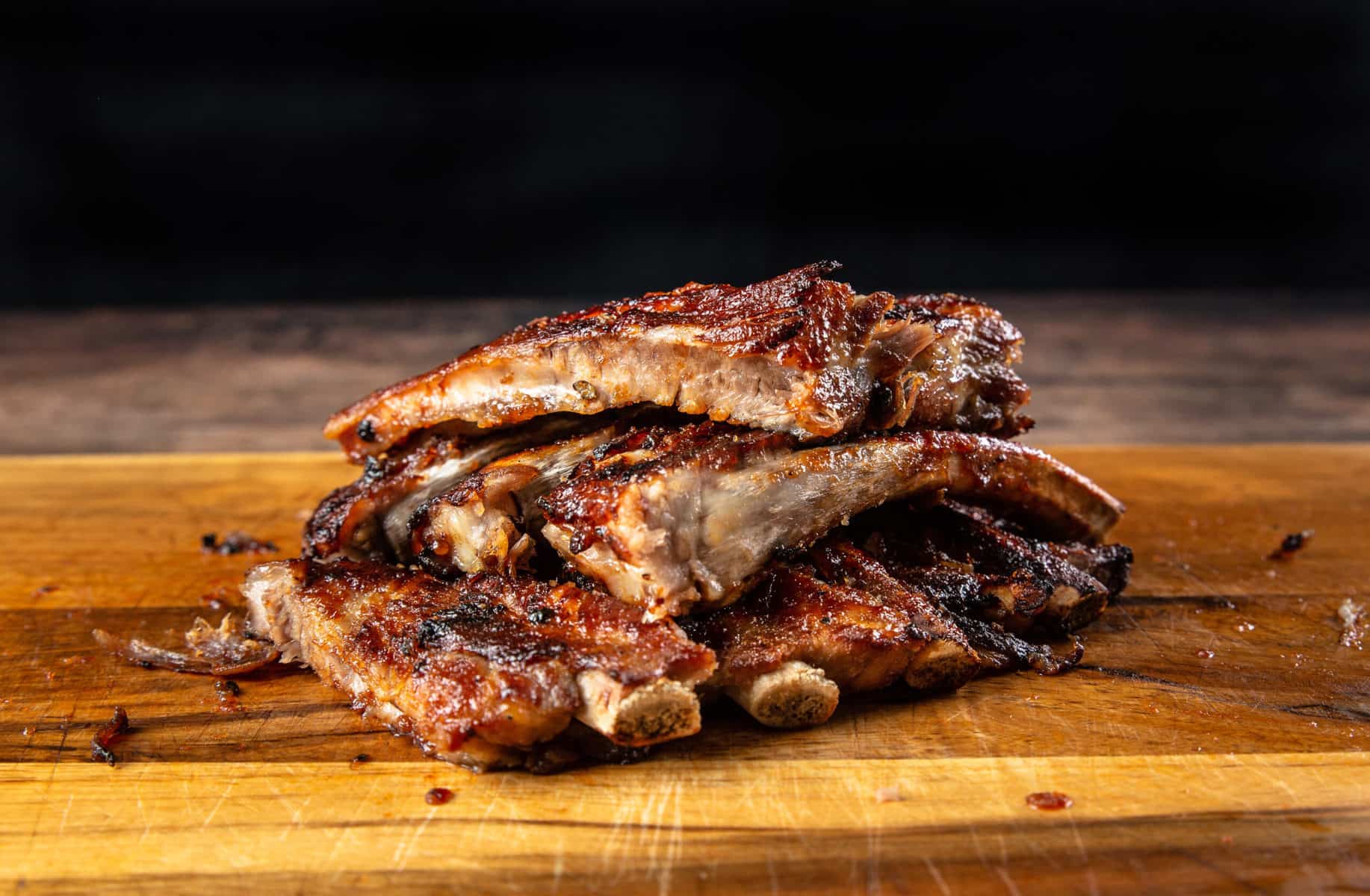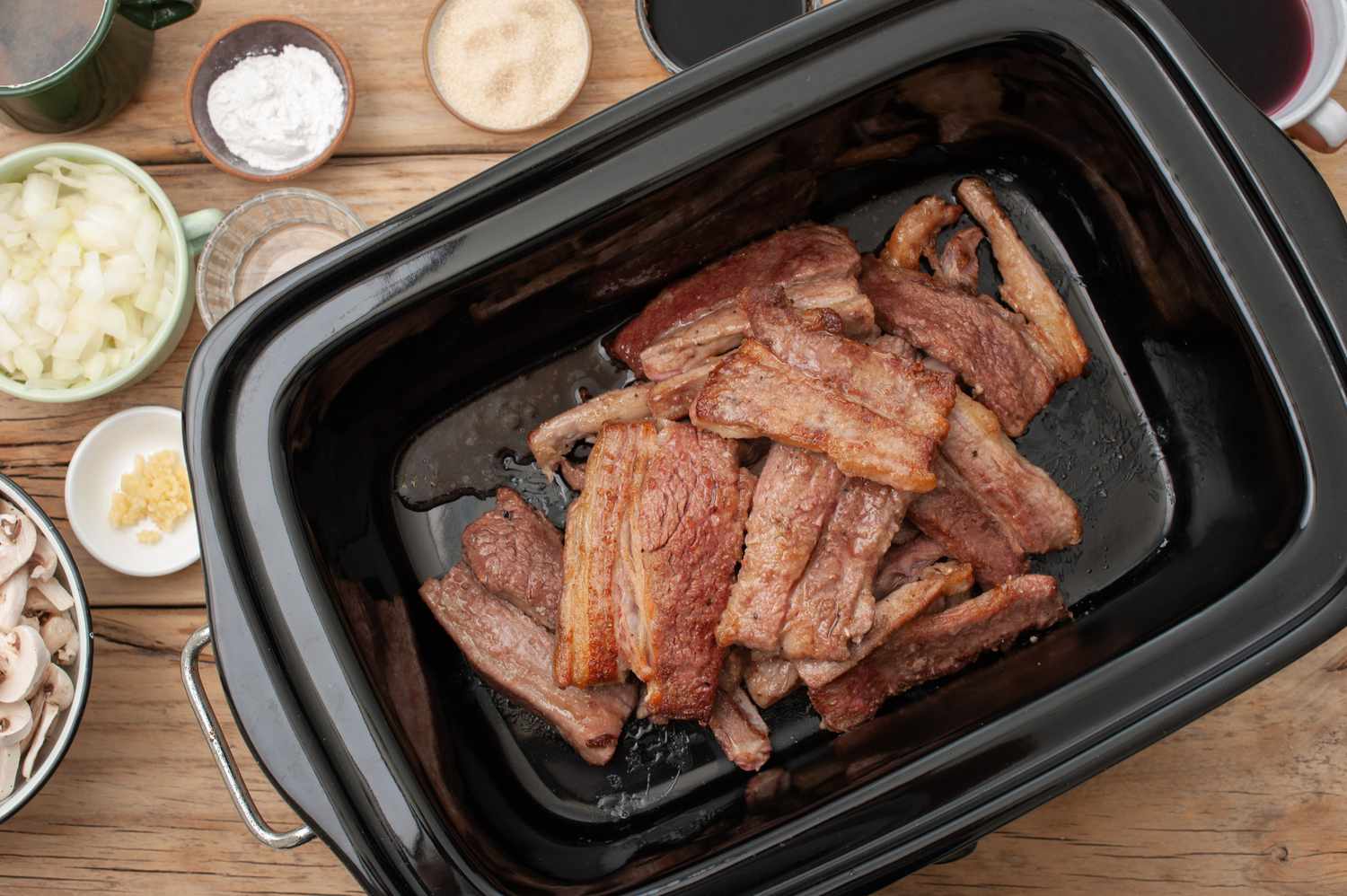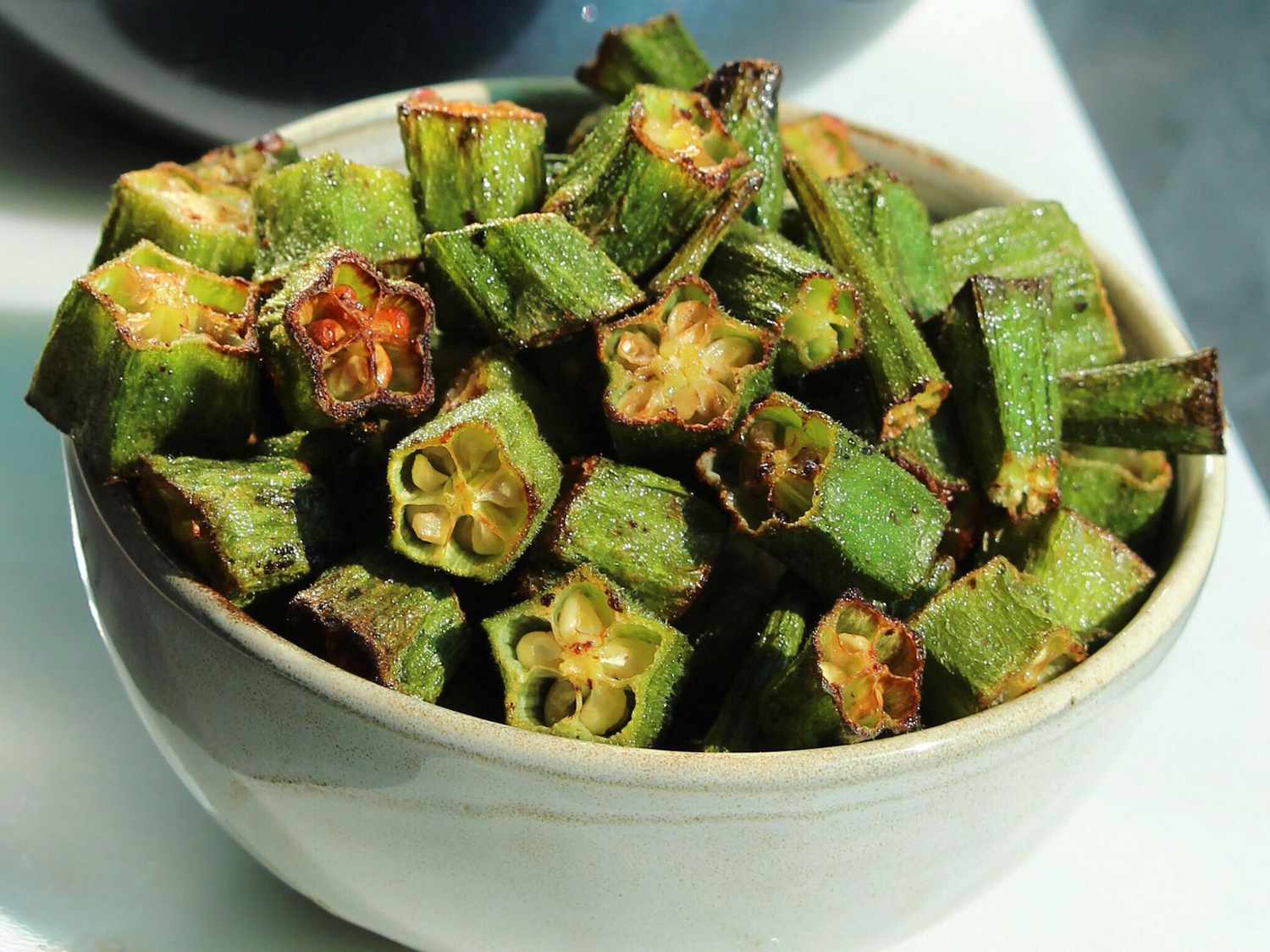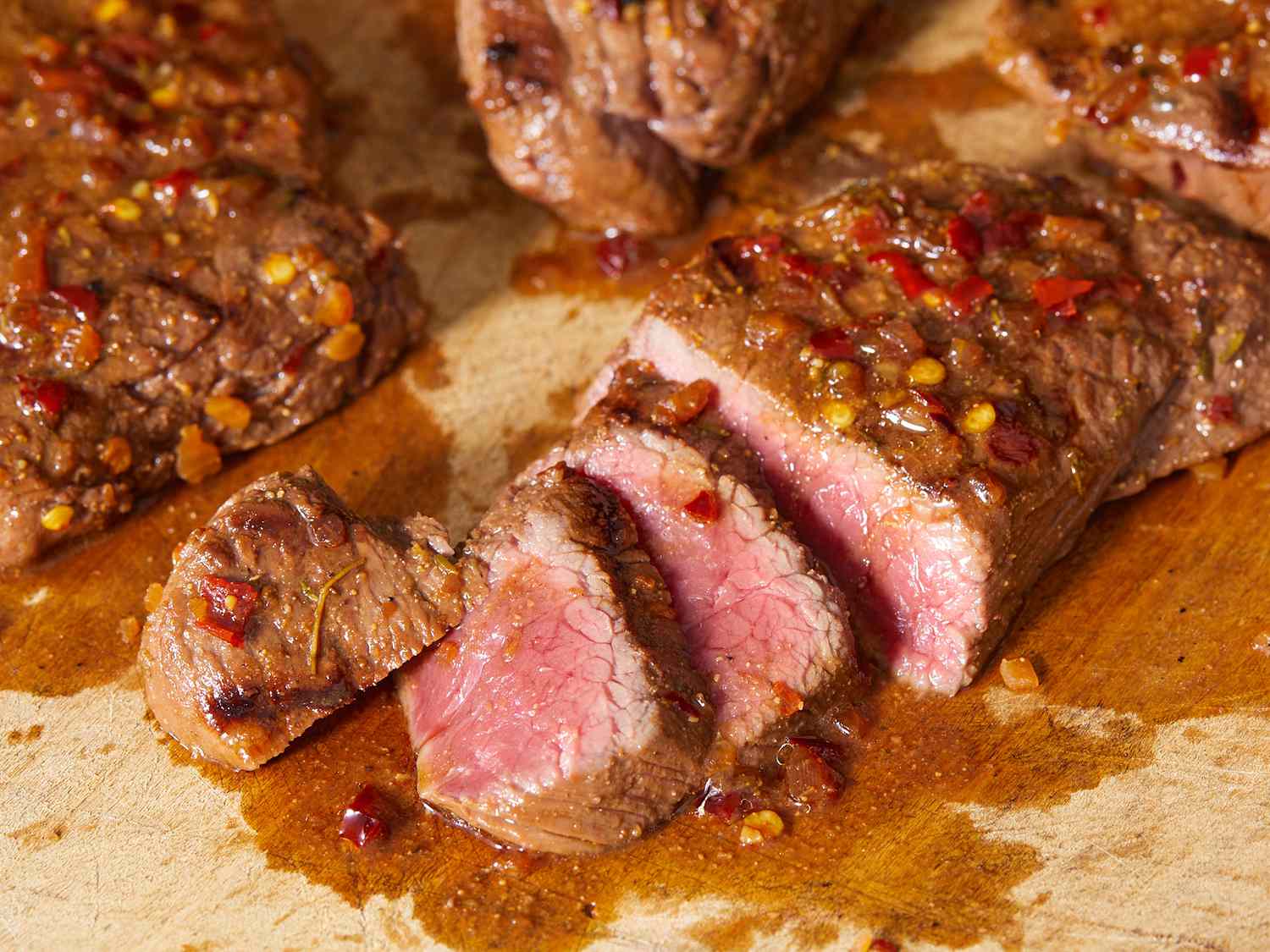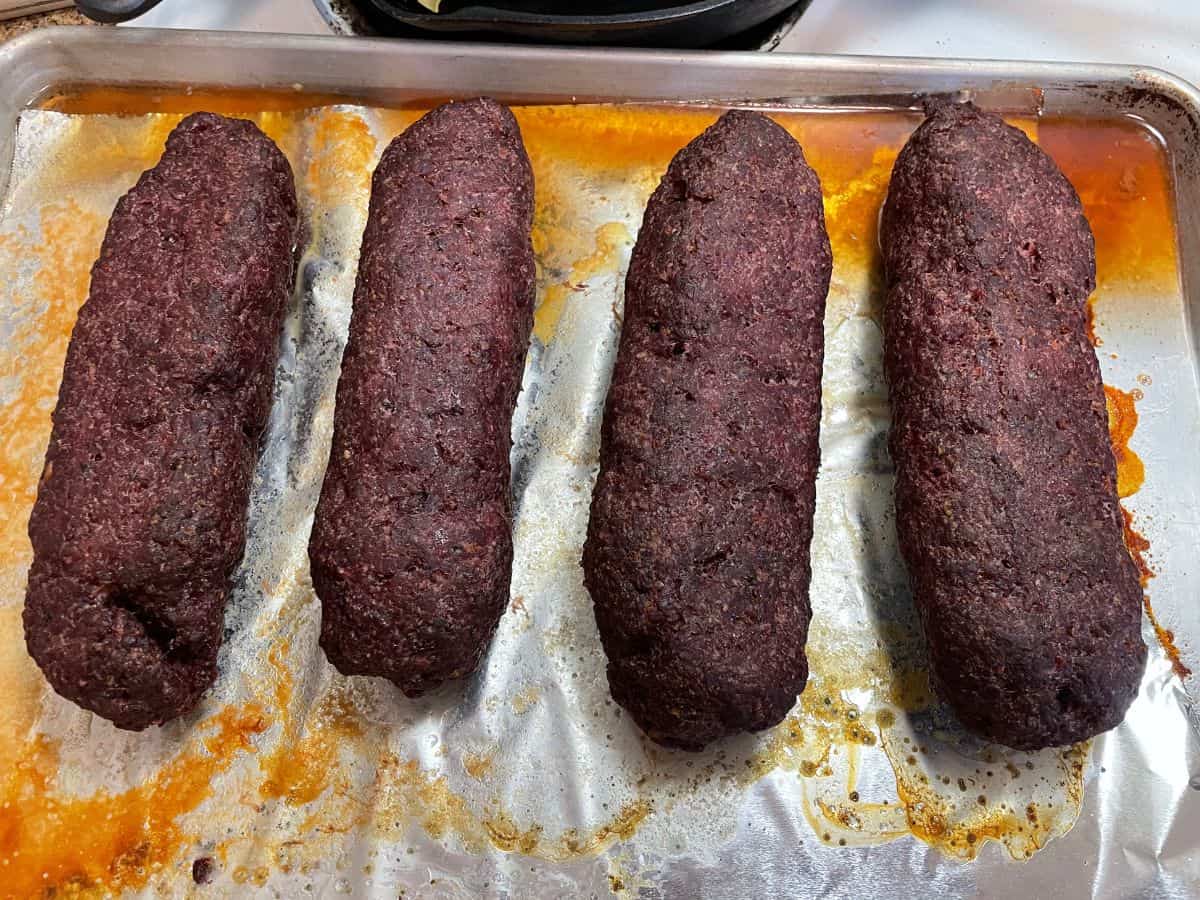How To Cook Fresh Chicken Wings
Chicken wings are a classic and versatile dish that can be enjoyed by everyone. Whether you’re hosting a game night, gathering with friends, or simply looking to satisfy your craving, cooking fresh chicken wings is a delicious option. In this blog post, we will guide you through the process of cooking flavorful and juicy chicken wings that will surely impress your guests. Let’s get started!
Ingredients:
- 2 pounds of fresh chicken wings
- 2 tablespoons of olive oil
- Salt and pepper to taste
- Your favorite sauce or marinade (optional)
Instructions:
- Preheat your oven to 425°F (220°C).
- Pat the fresh chicken wings dry with a paper towel to ensure crispy skin.
- Place the wings in a large bowl and drizzle them with olive oil. Toss them to make sure they are evenly coated.
- Season the wings with salt and pepper, according to your taste preferences. Feel free to add other spices such as garlic powder, paprika, or cayenne pepper for an extra kick!
- If you prefer your wings saucy, you can marinate them in your favorite sauce for about 30 minutes to an hour. This allows the flavors to penetrate the meat, resulting in a more intense taste.
- Line a baking sheet with aluminum foil for easy cleanup. Arrange the chicken wings in a single layer on the baking sheet.
- Place the baking sheet in the preheated oven and bake for approximately 45-50 minutes or until the wings are golden brown and crispy.
- If desired, you can flip the wings halfway through the cooking process to ensure even browning.
- Once cooked, remove the wings from the oven and let them cool for a few minutes.
- Serve the fresh chicken wings hot with your favorite dipping sauce or toss them in additional sauce for extra flavor. Some popular options include buffalo sauce, barbecue sauce, or teriyaki sauce.
- Garnish with parsley or sliced green onions for a touch of freshness.
Now, all that’s left to do is to enjoy your homemade fresh chicken wings! Whether you prefer them spicy, sweet, or tangy, this recipe can be easily customized to suit your taste buds. Serve them as an appetizer or make them the star of your meal. Either way, these delicious wings are sure to be a hit. Get ready to impress your friends and family with your newfound cooking skills!
So, the next time you’re craving some finger-licking goodness, follow these simple steps to cook fresh chicken wings that are packed with flavor and perfectly cooked. Remember, practice makes perfect, so don’t be afraid to experiment with different seasonings and sauces to find your signature wing recipe. Happy cooking!
Was this page helpful?
Read Next: How To Cook Beef Shoulder
John Rizvi
Minneapolis patent attorneys. We have dedicated our practice exclusively to securing and preserving the intellectual property rights of our clients including patent, trademark, copyright, trade secret, unfair competition, and franchising matters.

